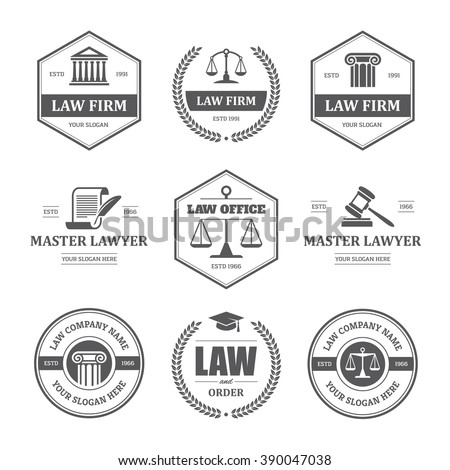White Label Legal Services

A white label agreement is one that is created for the purpose of manufacturing of generic products by one party to be branded for and sold by another party. We are not a law firm, do not provide any legal services, legal advice or 'lawyer referral services' and do not provide or participate in any legal representation.
White label products are sold by retailers with their own branding and logo but the products themselves are manufactured by a third party. White labeling occurs when the manufacturer of an item uses the branding requested by the purchaser, or marketer, instead of its own. The end product appears as though it has been produced by the purchaser. White label products are easily spotted on store shelves, as they have that retailer's own name (commonly known as the 'store brand') on the label—for example, Whole Foods Market's '365 Everyday Value' line of products. White label products are manufactured by a third party, not the company that sells it, or necessarily even markets it.
The advantage is that a single company does not need to do it all: one firm can concentrate on producing the product; another on marketing it; and another can focus on selling it, each according to its expertise and preference. An advantage of private label brands is that they do not include specific marketing costs. Further, if a supermarket has an exclusive deal, then average transportation expenses could be lower and the company would benefit from distributional economies of scale. Because of lower transport costs, the retailer could sell the product for less and reap a bigger profit margin.
How To White Label
White label products don't always need to be tangible items. Service offerings also have adopted white labeling. Some banks, for example, use white label services like credit card processing when they do not have these services in house. Furthermore, businesses that have no banking operations often extend branded credit cards to their customers, which also is a form of white labeling. For example, L.L.
Legal Label Inc
Offers its consumers a branded credit card, though the card is actually provided by Barclays Bank. Macy’s also offers its customers a branded card, and theirs is provided by American Express. Expanded product lines. Firms can use white label brands to expand their offerings and target customers strategically; in turn, this could bolster their competitive advantage. Large contracts.
Third-party producers get huge contracts, which could come with guaranteed sales and revenue. Discounted sales. Stores can boost revenue selling white label products at a discount relative to national brands.
Quality. White label brands can be just as good as national brands, as they often use the same producers; high quality creates satisfied customers.
Surprisingly, there are no biographies in book form on Monk. There is, however, the excellent 1989 film documentary, Straight, No Chaser (Warner Bros.), which combines footage shot in the late 1960s with more recent interviews with his son, Thelonious Monk, Jr., tenor saxophonist Charlie Rouse. Why was thelonious monk straight, no chaser important. May 21, 2019 Thelonious Monk Background Born in October of 1917, Thelonious Monk was exposed to the world of music at an early age, training on classical piano playing at just the age of eleven. 1 Thelonious Monk’s piano training and lessons would serve as an important catalyst to kick start the rest of his prolific career. The documentary film Thelonious Monk: Straight, No Chaser (1988) attributes Monk's quirky behavior to mental illness. In the film, Monk's son says that his father sometimes did not recognize him, and he reports that Monk was hospitalized on several occasions owing to an unspecified mental illness that worsened in the late 1960s. Dec 18, 2014 He was thinking of putting a group together to perform only Monk compositions. While preparing for the gig with Steve, I quickly realized I only knew a handful of Monk tunes – the ones that everyone knows/calls at jam sessions (Well You Needn’t, Blue Monk, Straight, No Chaser, etc).